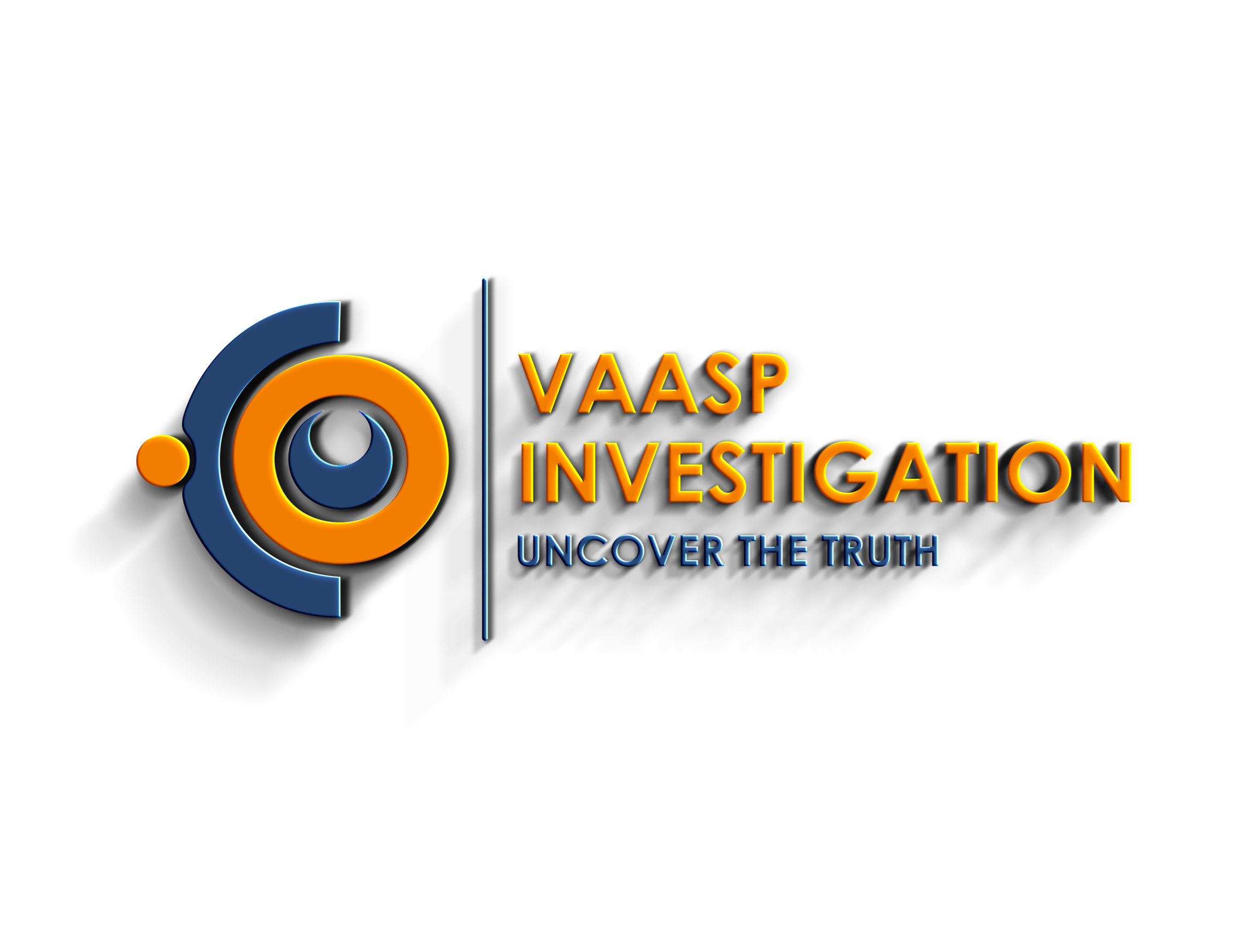
Asset Verification
Asset verification refers to the process of confirming the ownership and value of assets, often used in legal, financial, or investigative contexts. This procedure is typically conducted to assess an individual or organization’s financial situation, ensuring that their declared assets are accurate and that they are not hiding wealth or misrepresenting their financial status. In legal matters, such as divorce proceedings, bankruptcy cases, or loan approvals, asset verification helps to establish a clearer picture of the financial standing of a person or entity, and is crucial for determining fair settlements or lending decisions.
The process of asset verification involves gathering information through various means such as financial records, bank statements, property deeds, and tax returns. Investigators may also conduct interviews or check public records to validate claims of ownership, including assets like real estate, vehicles, stocks, and other valuables. In some cases, professionals may be hired to conduct forensic audits, especially when hidden assets or fraudulent activities are suspected. The goal is to cross-check information and ensure transparency in financial dealings.
Asset verification plays a critical role in combating fraud, ensuring financial transparency, and protecting the interests of parties involved in financial transactions. For example, in the case of a loan application, lenders will use asset verification to determine whether a borrower has sufficient collateral or financial stability to repay the debt. Similarly, in cases of asset concealment or illegal wealth, verification processes help authorities track and recover misappropriated funds. It is also a key component of due diligence in mergers, acquisitions, and other corporate transactions, where verifying the assets of a company is crucial to understanding its true value.
